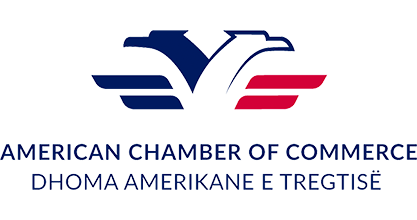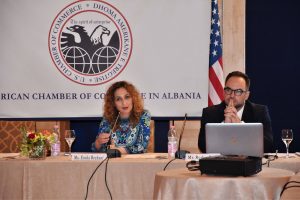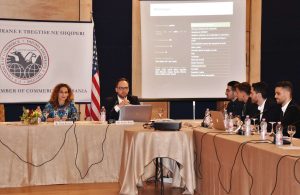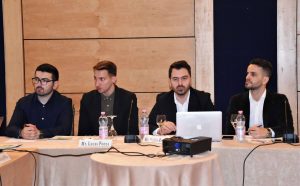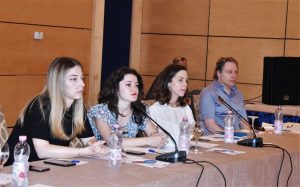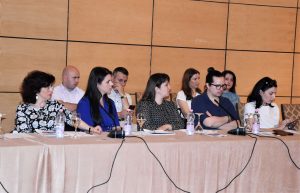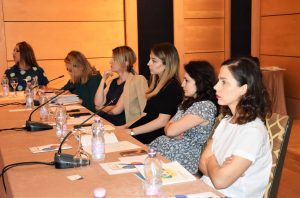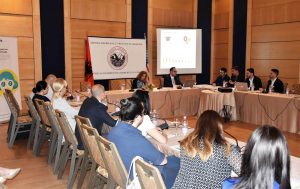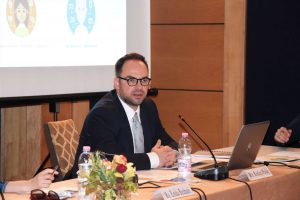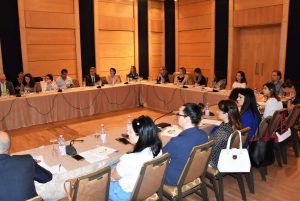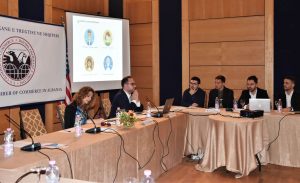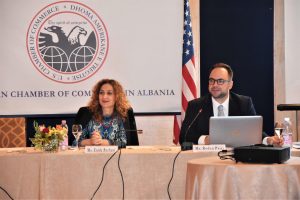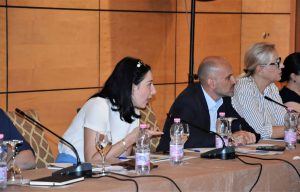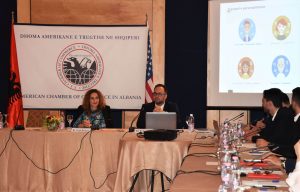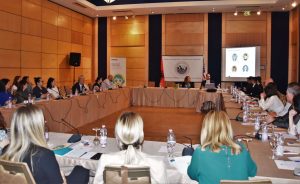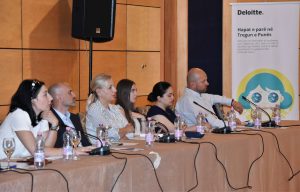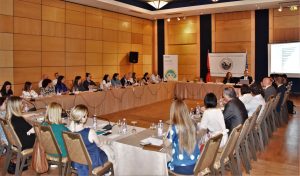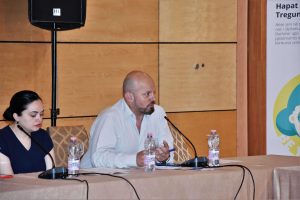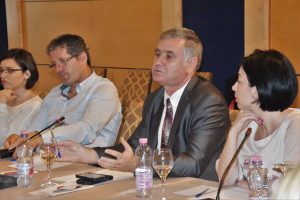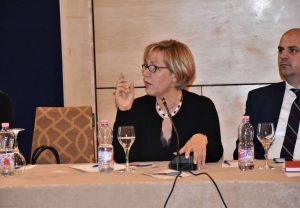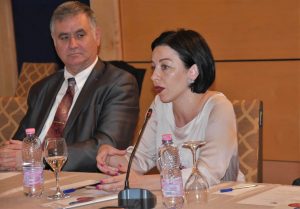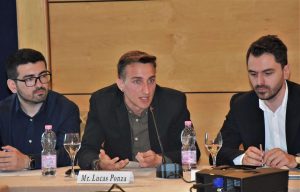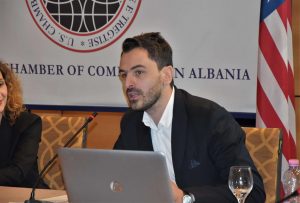The Millennials Challenge for the Labor Market
The Millennials, as the younger representatives of Generation Y, exhibit their own challenges and peculiarities. This generation will represent 75 per cent of the work force within a decade. It is already challenging to integrate them into the labor market and find a balance between what the market place offers and their expectations. This can be seen in the existing stereotypes on this generation as well as on unpreparedness of the HR community to address this issue properly.
“The Challenges and Opportunities of the Millennials” Business Forum organized by AmCham, in cooperation with Deloitte and the AmCham HR Committee, focused on the findings of the survey conducted by Deloitte – “First Steps Into the Labor Market”, which highlights their characteristics, interests, ambitions and aspirations as well as the challenges, opportunities and obstacles that this young generation and the employers in the Albanian market face nowadays.
The Generation Y are the youth born between 1980 and 1995 and Millennials are young “Y”s born between 1990 and 1994. They are just about to graduate from school, have just entered the labor market or have already 2 to 3 years of work experience. This category of current and future employees, displays its own characteristics affecting in turn the current labor market in terms of talents acquisition and most of all their retention. Roden Pajaj from Deloitte Albania shared that this is the fourth edition of this survey conducted in Albania and the fifth in Central Europe region. The survey was conducted on voluntary basis and online both in English and Albanian, with the participation of 965 youngsters of age from 18 to 30. The average age of the participants was 22.
An interesting categorization of participants based on their approach to work-life are the four groups: Fast Trackers, Eager Beavers, All Rounders and By-Standers. Based on the responses to 35 questions measuring 13 dimensions, it results that most of the Albania’s youth are identified as Eager Beavers, the “zealous employees,” who look at work as the key source of satisfaction and development of human potential. Simply, for this group, work is a reward in itself. This is an attention-grabbing finding, which runs somewhat counter to a more common perception or stereotype that the Albanian young generation strives mostly for career advancement and financial rewards. While each personality type has its own strengths and weaknesses, this categorization may serve for all employers as a source of information in the decision-making process, while setting up teams and staffing different work projects.
Being aware and understanding the characteristic of this generation, has triggered businesses and schools in Europe to engage this youth into internship programs while they are still at school. Efforts to this end have started with small steps in Albania as well. Currently, there is an immediate need to have graduates who are ready to integrate immediately into the labor market. This increases the need for a better coordination between colleges/universities and businesses, which have great expectations for the graduating work force. The study shows that a great number of respondents, feel that the labor market in Albania is very weak or moderately weak. This requires a shift in the mindset of business leaders and the HR professionals community to a new way of thinking and developing the market place, work environment and people professional development policies, to become competitive and adequate for this work force. “There should be a stronger alignment between the colleges and businesses as to prevent brain drain as well and engage the Millennials to their best potential. Organizations like AmCham can play a role in bridging the current gap,” concluded Enida Bezhani, Executive Director of AmCham.
